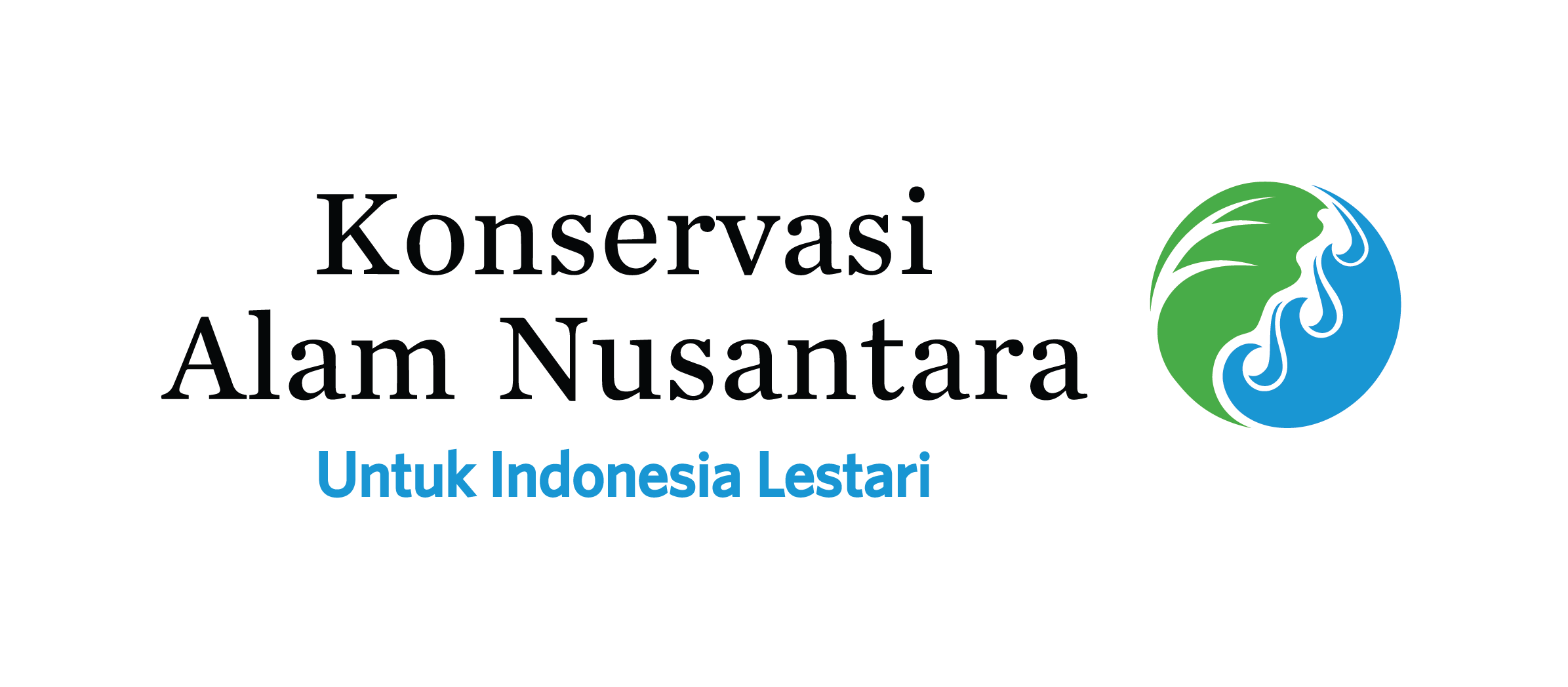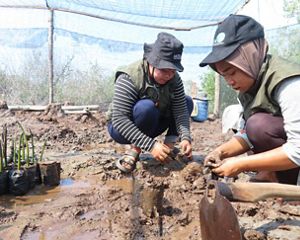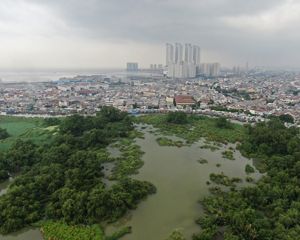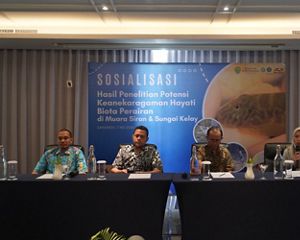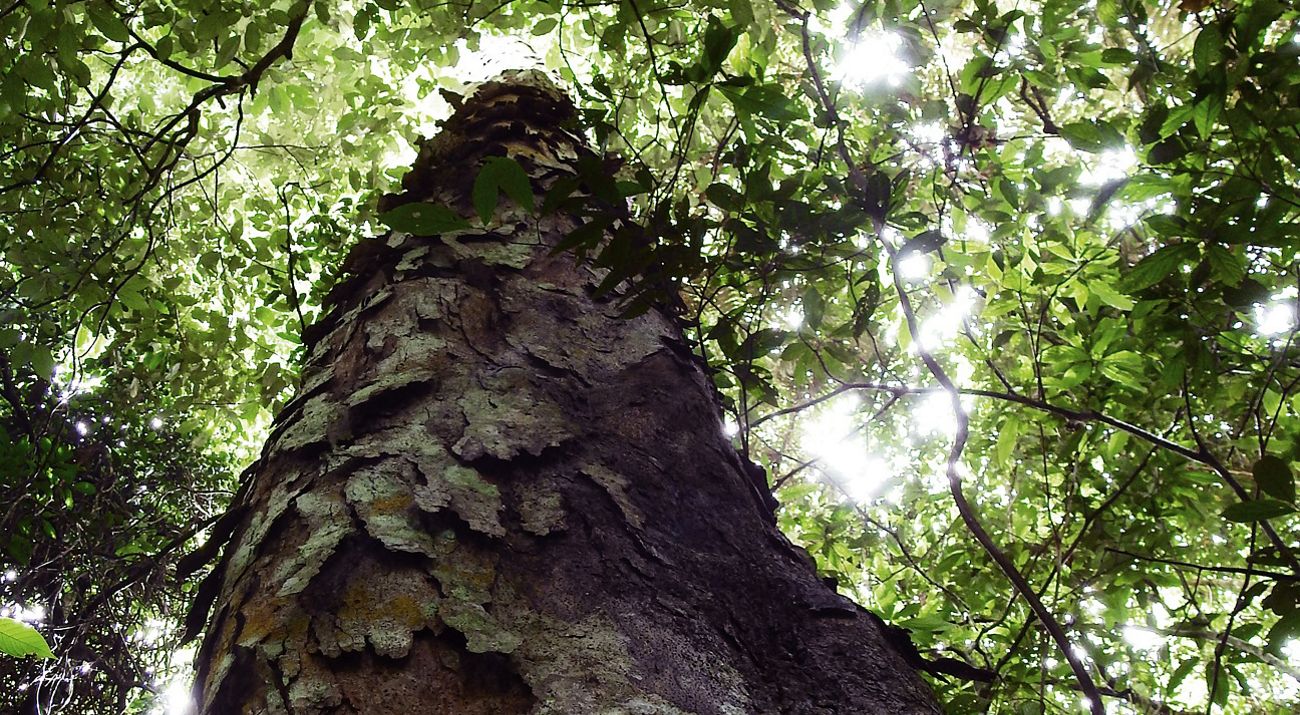
This story is part of Matt Miller's writings; Stories from the Kalimantan Forest (link), Encounters With Orangutans in Kutai National Park (Link), and Being in the Wehea Protected Forest (link), which are stories of his journey with YKAN and its partners, TNC and Arhaus in January 2025, in the East Kalimantan forest.
Read: The Transformation of Women’s Livelihoods at the OKI Coast
Human life has always depended on forests. Concession companies are also part of the human activity that exploits forest resources. How are they managed? Let's take a look at my experience in a concession area in the forests of East Kalimantan;
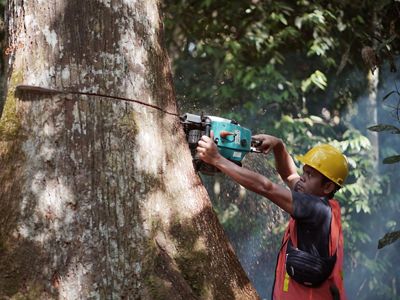
It’s evident as we pull up to the next camp, a short drive away, that our morning is going to change course.
This story is part of Matt Miller's writings; Stories from the Kalimantan Forest (link), Encounters With Orangutans in Kutai National Park (Link), and Being in the Wehea Protected Forest (link), which are stories of his journey with YKAN and its partners, TNC and Arhaus in January 2025, in the East Kalimantan forest.
Human life has always depended on forests. Concession companies are also part of the human activity that exploits forest resources. How are they managed? Let's take a look at my experience in a concession area in the forests of East Kalimantan;
It’s evident as we pull up to the next camp, a short drive away, that our morning is going to change course.
A group of men dressed in workwear asks us to put on hard hats and orange safety vests. They grab chainsaws as we walk toward an opening in the forest. There’s a road lined with trucks and other equipment from logging operations. In a small clearing, two men cut down a very large tree. It smashes into the muddy ground, sending an impact that reverberates through the soles of my bruised feet.
Our group is silent for a second. As a conservationist, I used to think of logging as the bane of the rainforest’s existence, so seeing that giant tree fall comes as a shock. But what I’m seeing is as much a part of the orangutan’s future as national parks.
We’re at Gunung Gajah Abadi, a logging concession operated as a sustainably managed forest. Ruslandi explains to me that each year, only one of 30 forest blocks is available for harvesting. In that block, he says only four to seven trees per acre are cut, which allows for some economic benefits from logging while keeping the forest relatively intact for wildlife.
A few years ago, due to changing timber markets, some private logging concessions across Borneo simply ceased operations. Good news for the forest, right? Not quite.
Research found that when these closely monitored logging companies moved out, illegal logging, poaching and land clearing for crops accelerated on much of the same land.
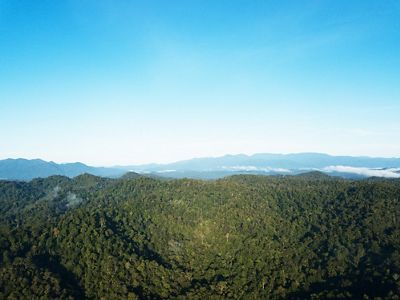
“It becomes no one’s land,” says Edy Sudiono, who has seen these effects firsthand over more than 22 years working for TNC and YKAN. “When logging concessions became inactive, it resulted in even more forest [and biodiversity] loss.” In some cases it actually led to creation of small palm-oil plantations.
“This is the core starting point that made us realize that managed logging concessions had to be part of the future here, for the forest, for the community and for orangutans,” Sudiono says.
Concessions like this one are certified sustainable by the Forest Stewardship Council, which has strict standards on how the forest is harvested and also has regulations that ensure worker safety, restoration and wildlife protection. Donations like the one from furniture company Arhaus will enable funding for YKAN to work with communities and the Indonesian government to protect additional critical orangutan habitat.
“Evidence shows that if we are able to protect a few of these concessions plus Wehea, you pretty much guarantee the survival of this subspecies of orangutan,” says Sudiono.
